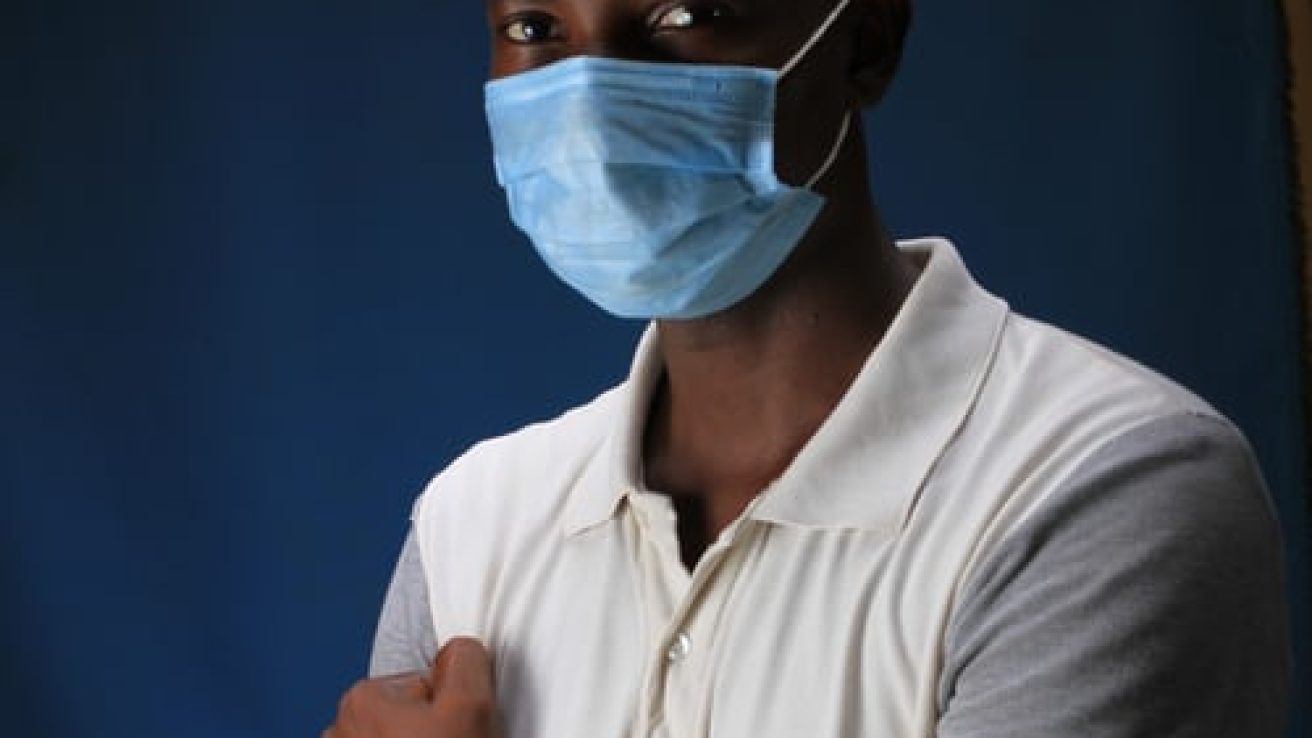2 million patients in the United States carry the genetic mutation for sickle cell disease. This accounts for 100,000 patients. Advancements in medicine and treatment for sickle cell disease has improved patient quality of life significantly. More than 90% of sickle cell patients survive into adulthood. However, due to a lack of affordable, quality medical care and programs complications are common. These complications can include sepsis, stoke, or pulmonary embolism. Most carriers of sickle cell are Black and/or Hispanic.
Data from The National Institutes of Health was reviewed pertaining to the funding for research and pharmaceutical investments for sickle cell disease. This organization reported spending more than 3.5 times the amount on funding for cystic fibrosis, which affects fewer than half of the number of people than sickle cell in the United States. Government foundations reported spending 440 times more on the less common illness.
These statistics shine light on America’s racial prejudice in the medical field through the underfunding of sickle cell patient care. It is no coincidence that the majority of sickle cell patients are Black and/or Hispanic, non-White Americans. Improper healthcare for these non-White patients leads to increased risk of complications and poor outcomes for patients.
In conclusion, it is evident that race is a key element in the lack of healthcare funding for patients with sickle cell disease. Further research and programs must be developed to help Black and Hispanic communities gain access to medical treatments that can greatly improve their life expectancy and quality of life. Actions must be identified that can reduce these racial inequalities in healthcare and ease the burden of sickle cell disease.
Source:









